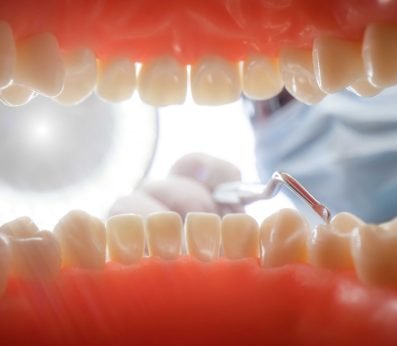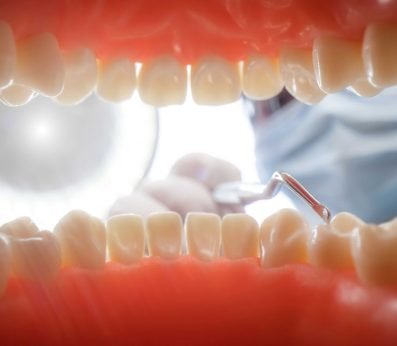
What is a Bridge?
A dental bridge is essentially two crowns with a prosthetic tooth in the middle. It gets cemented to the supporting teeth.
What is a Dental Implant?
A dental implant is a post, made from either titanium or zirconia, that is inserted into your gum, and it becomes the base for a prosthetic tooth. It’s a stand alone procedure performed to cover the hole left by a missing tooth with a realistic looking replacement that also functions like a normal tooth.
Regardless of the type of solution you choose, they both produce a similar-looking result. But, there are vast differences in the cost and procedure itself. We’ll discuss this in depth as well as share some of the pros and cons of each.
•Aesthetics
While both dental implants and bridges look natural and realistic, the most convincing results tend to come from implants. Further, implants help preserve the natural gum line, so they’ll stay looking natural and healthy for years to come.
•Longevity
Because a dental implant replaces a missing tooth and takes on its form and function, implants tend to last longer. Bridges, on the other hand, sit on top of the gum line. Because there’s nothing for the area to hold onto, a bridge can increase a patient’s risk of bone atrophy around the area of the missing tooth.
Over time, this can also lead to the gums and tissue receding around the adjacent teeth. Cavities can even form around the crowns, leading to further decay.
Often, implants last the life of the patient, while bridges tend to need replacement every 10 years. This timeframe can be even shorter if the patient does not engage in exemplary oral health habits.
•Healing Time
This is highly subjective and depends on the case and the patient, but implants can take significantly longer to heal. This is especially true if there is bone decay prior to the implant. This can ultimately require a bone graft to ensure that there is enough underlying bone for the implant to adhere to.
•Cost
The short-term cost of a bridge is usually significantly less. However, given the longevity of dental implants, an implant solution may be more cost-effective in the long-term. Insurance may cover a portion of the procedures, so it’s wise to talk to your insurance provider before making a decision.
Bridges
Pros
Less expensive
Faster healing time
No bone grafts required
Cons
Further decay is likely to occur
Surrounding bone can atrophy
Not as durable
Dental Implants
Pros
More natural looking
Preserves bone and gum health
Cons
Expensive, especially for multiple teeth
Longer healing time
May require bone grafting
Conclusion
Dental implants are a newer technology and becoming the preferred choice for patients and dentists alike. However, there is no one-size-fits-all solution, Not sure what’s right for you? Make a dental appointment with Dr. Semih Demircan for an individualized and expert recommendation.



